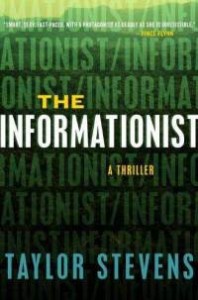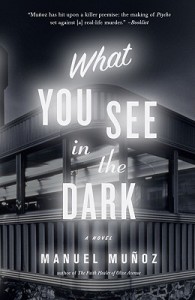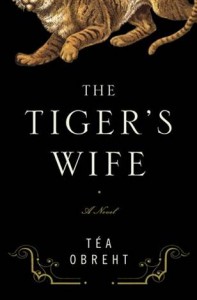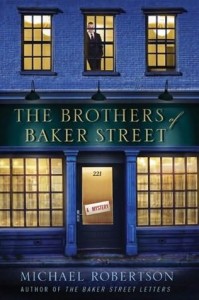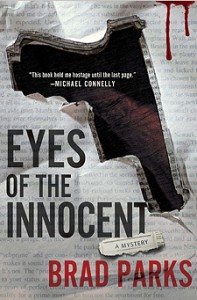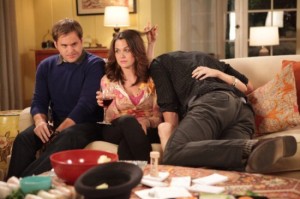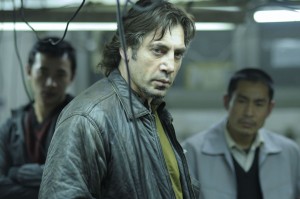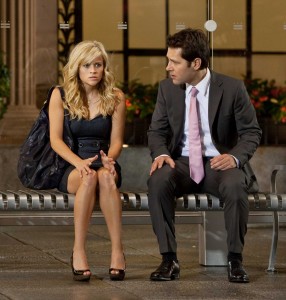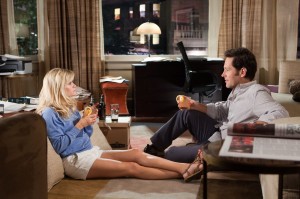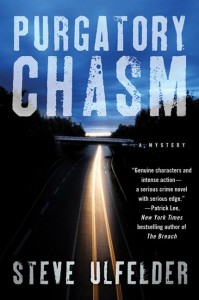 First of all, how good is that title? Now check out this opening:
First of all, how good is that title? Now check out this opening:
There are drunken assholes, and there are assholes who are drunks. Take a drunken asshole and stick him in AA five or ten years, maybe you come out with a decent guy.
Now take an asshole who’s a drunk. Put him in AA as long as you like. Send him to a thousand meetings a year, have him join the Peace Corps for good measure. What you come out with is a sober asshole.
Tander Phigg is a sober asshole.
Phigg asks Conway Sax, a mechanic and former NASCAR driver, to retrieve his Mercedes from a garage where it’s been held hostage for eighteen months, with the owner giving Phigg one reason or another for why he won’t release it. Sax only helps Phigg because he’s a fellow member of the Barnburners, an AA group that got Sax sober. The task should be relatively simple except it isn’t. Sax finds a dead body and himself in the thick of some nasty business. If that weren’t enough, his alcoholic father and Phigg’s son show up with his wife and kid, all needing a place to stay. Several people’s lives, including his own, depend on Sax getting to the bottom of the mystery, all the while trying to learn how to stop being, as his girlfriend says, “a clenched fist all the time.”
Sax is a very likable character, even if he feels obligated to sometimes do questionable things for the Barnburners to repay them for saving his life. The way he sees it:
They need to be rescued from the jackpots they get into, but they don’t appreciate it the way you might think. Everybody knows that without spiders, the world would be overrun by insects. But that doesn’t make people love spiders.
He’s righteous in his own way, like how thieves can be honorable. My problem is with his father, who is definitely an asshole who’s a drunk. From the flashbacks of Sax’s boyhood to the present day, the elder Sax proves himself an irredeemable character, which caused me to disconnect from the scenes between father and son. I just couldn’t root for Sax to somehow resolve that relationship. It’s like listening to a friend who’s married to a cruel man discuss her marital troubles. You have a hard time sympathizing when all you want to do is scream, “Leave him!”
That’s not to say I couldn’t feel Conway Sax’s pain. Ulfelder writes some devastating scenes, made more so because of things that aren’t said. We hurt more for Sax because he’s not openly sentimental; we fill in the blanks when he doesn’t show us his feelings. But show Ulfelder does, instead of telling, and for that I’m glad I came along for the ride.
Nerd verdict: Complex journey through Purgatory

